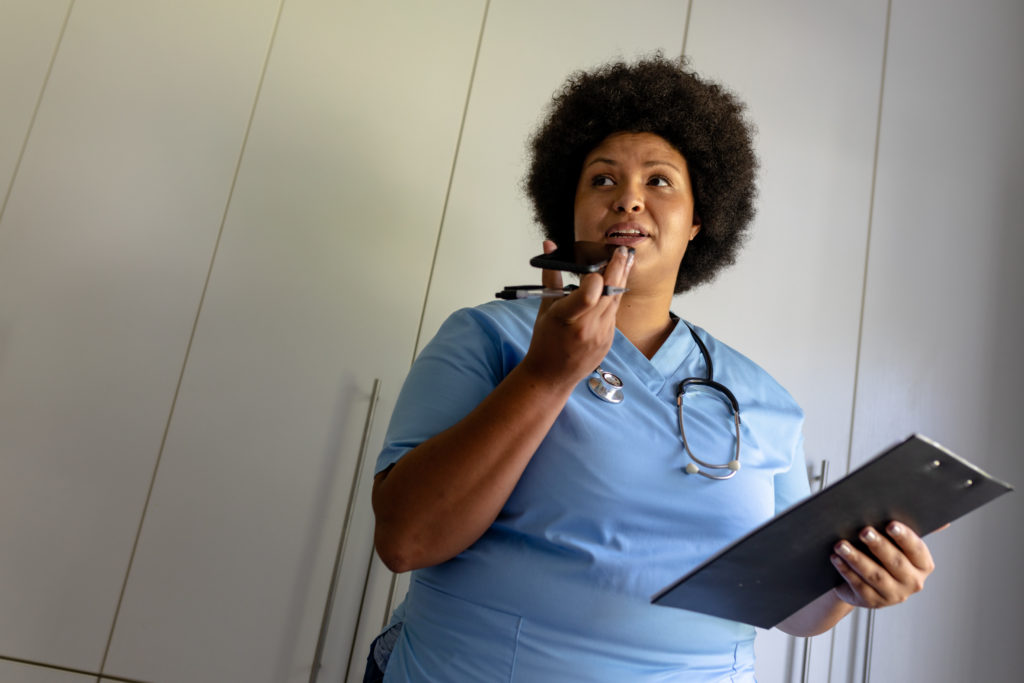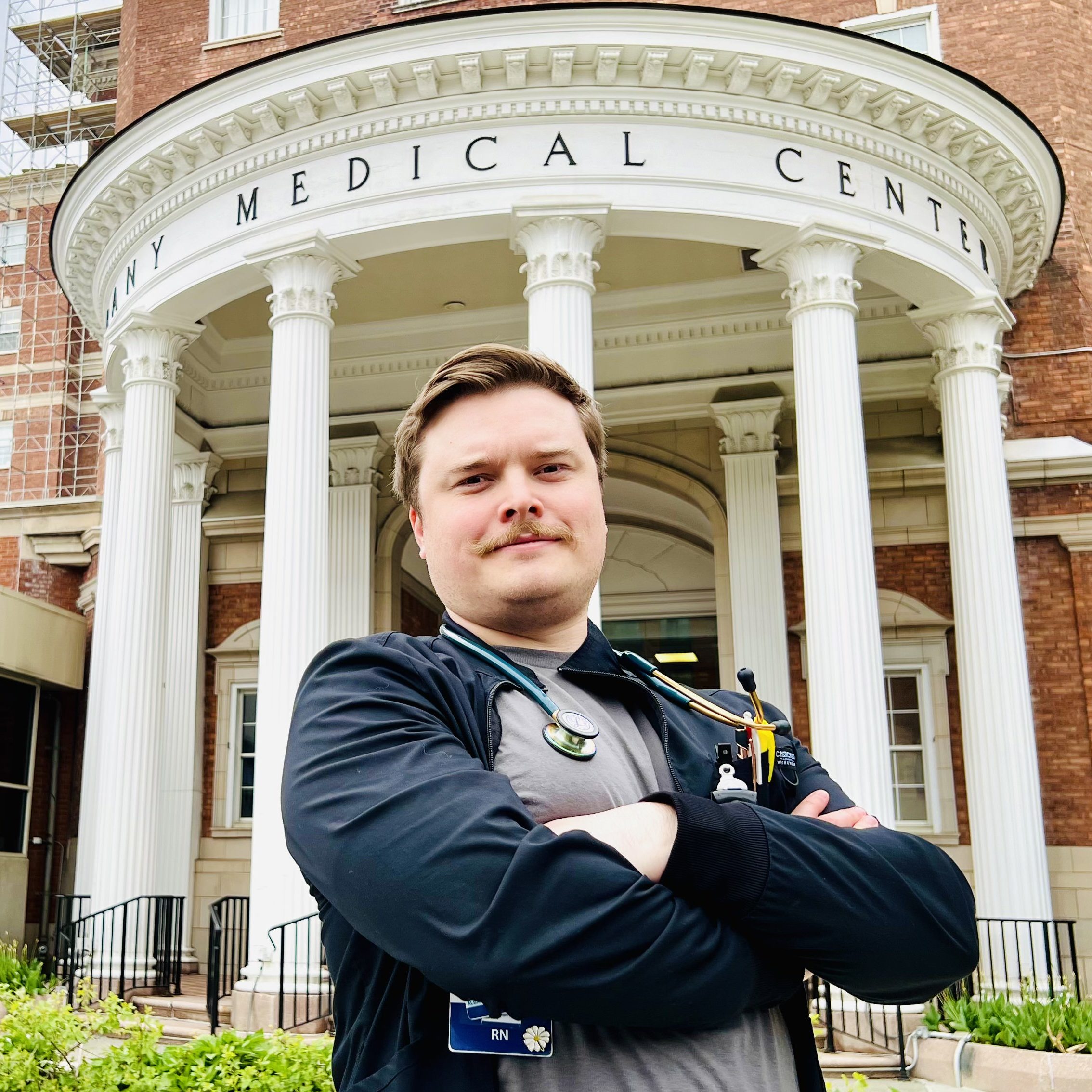
Why the Doctor of Nursing Practice at Russell Sage?
The changing demands of this nation’s complex healthcare environment require the highest level of scientific knowledge and practice expertise to assure quality outcomes. The DNP degree can significantly contribute to professional growth, leadership competencies, and expanded career opportunities.
Tuition & Fees
24-72 credits
72 credits for RNs with a Bachelor of Science in Nursing; 24 credits for Nurse Practitioners (A gap analysis will determine if additional credits are required)
$950 per-credit
$3,055 Graduate Assistantships available per semester
(enrolled in a minimum of 6 credits per semester) *Must be available for in-person Graduate Assistantship work on our Albany or Troy campuses.
Length & Format
2 to 5 years
to graduate, dependent upon track and part-time or full-time status
100% Online
program delivery, with in-person clinical labs and clinical practicum
About The School of Health Sciences
Russell Sage College is the region’s premier institution for health professions, offering the most comprehensive range of undergraduate and graduate programs.
Specialties in our Doctor of Nursing Practice program
The Doctor of Nursing Practice (DNP) degree is the highest academic preparation for nursing practice and obtaining a DNP may, in the near future, become a prerequisite for board certification and licensure for APRNs.
Two pathways: The path that RNs in this program take is determined by the degree they already hold.

Clinical Partners
Students have the opportunity to complete the required clinical practicums in their region or with tertiary, comprehensive, and community hospitals, primary care clinics, and inpatient and outpatient psychiatric settings based on course and track requirements.
Industry Need
The U.S. Bureau of Labor Statistics estimates demand for Nurse Practitioners is expected to grow by 45% nationally between 2022 and 2032, with NPs making a median annual salary of $126,260.
In New York state alone, the Center for Health Workforce Studies has projected a nearly 56% increase in available NP positions between 2020 and 2023, with the need growing by about 52% in just the Capital Region.
Alumni of our graduate Nursing programs have career opportunities as nurse practitioners, nurse educators, nurse executive-administrators and clinical nurse specialists. According to the Bureau of Labor Statistics Occupational Outlook Handbook for Nurse Practitioners.
$126,260
the median annual wage for nurse practitioners.
56%
increase in employment opportunities predicted between 2020 and 2023.
Our DNP program comes with a deep, Russell Sage-level of support from an assigned faculty advisor who works with you to ensure your success.










